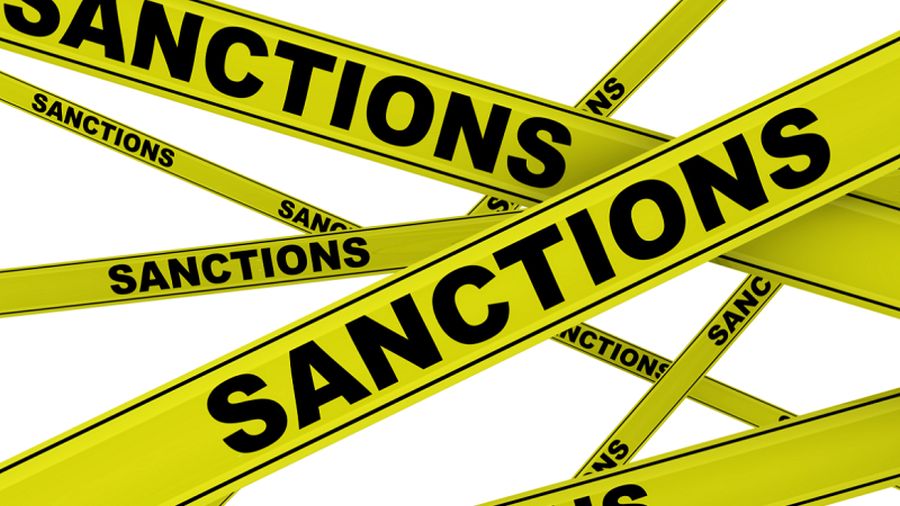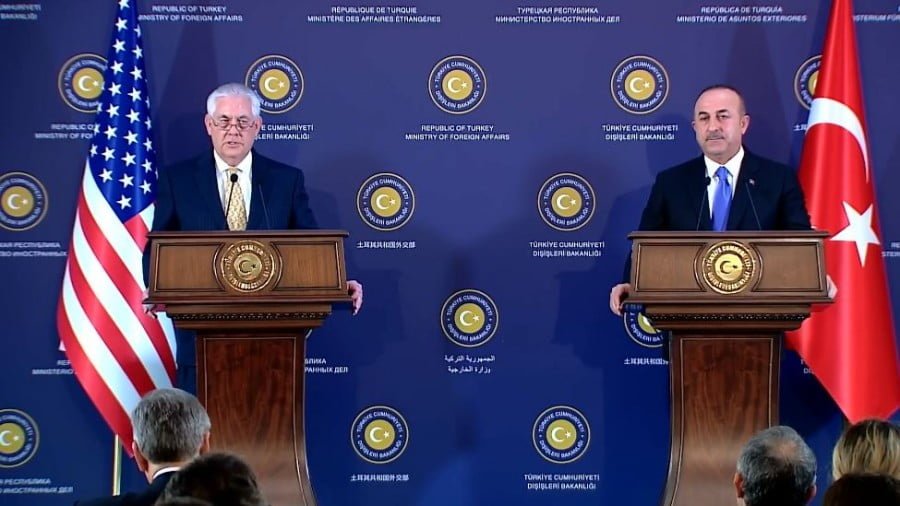Will The US’ Threatened Anti-Indian Sanctions Be a Blessing in Disguise?
Instead of successfully pressuring India into abandoning its special and privileged strategic partners in Russia, the US’ threatened sanctions might backfire by sabotaging the Quad.
The US has consistently threatened to sanction India under the Countering America’s Adversaries Through Sanctions Act (CAATSA) for its planned purchase of Russia’s S-400 air defense systems that it expects to begin receiving in November. Senior parliamentarian Subramanian Swamy said in late September that he heard from unnamed sources that the US does indeed plan to make good on these threats instead of extending a sanctions waiver like some in India hope. Nevertheless, he believes that US-Indian relations won’t be too adversely affected. This comes shortly after the Quad held its first-ever in-person summit in the US last week.
Chinese Foreign Ministry spokeswoman Hua Chunying criticized that gathering due to its members’ intent to sow discord between her country and its regional partners. The Quad is comprised of Australia, India, Japan, and the US, all of whom are suspected of attempting to “contain” China through a variety of hybrid means, including conventional military provocations, so-called supply chain “decoupling”, and information warfare, among others. India is regarded as one of this emerging US-led military bloc’s main members because of the vanguard role that it could play in these destabilization efforts due to its neighboring proximity to China.
Alas, even India’s potentially leading role in the US’ grand strategic campaign to “contain” China isn’t enough to spare it from its “ally’s” weaponization of economic-financial instruments through sanctions. America is still caught up in its Trump-era Russophobic craze and will stop at nothing to sabotage Moscow’s historical military relations with New Delhi for zero-sum aims. Ironically, the zero-sum outcome that ultimately transpires might not be the one that the US’ decision makers expect. Instead of successfully pressuring India into abandoning its special and privileged strategic partner, the US’ threatened sanctions might backfire by sabotaging the Quad.
To explain, India has reaffirmed on numerous occasions that it has no intent of reneging on its S-400 deal with Russia, the latter of which has full faith in its partner’s sincerity. This means that no one should expect New Delhi to dump Moscow due to Washington’s sanctions pressure. It’s unclear exactly what form its CAATSA sanctions might take, but they’d nevertheless represent the US imposing punitive economic-financial costs against one of its top Quad partners. It would be a humiliation for the proud nation of India to retain the same level of military cooperation with the US after that happens, which is why relations might actually worsen.
Not only that, but the US might not even want to cooperate as closely with India as before due to America’s concerns that its partner’s acquisition of Russia’s S-400s could somehow or another enable Moscow to tap into their military communication networks. These fears are factually unfounded and are only being used as the pretext for pressuring India into dropping its special and privileged strategic partner so that the US can replace its leading role in that country’s military-industrial complex, but they’d nevertheless also compel the US to limit its military cooperation with India if it wants to uphold the so-called “credibility” of its false claims.
In the possible scenario of India and the US limiting their presently expanding military cooperation with one another, let alone scaling it back through either India’s voluntary withdrawal from some Quad exercises or the US’ exclusion of it from the same, the CAATSA sanctions might actually be a blessing in disguise for Eurasia. The South Asian state already saw how the US abandoned its Afghan allies in August then backstabbed its oldest ally France the month after by poaching its AUS$90 billion submarine deal with Australia from it through AUKUS. It’s about time that India wakes up and realizes that it cannot rely on US support to “contain” China.
The sooner that this happens, whether out of its own will by proudly taking a step back from the Quad in the event that it’s sanctioned or due to the US piling further pressure upon it after imposing those threatened punitive economic-financial costs on India, the better that it’ll be for Eurasian stability. India would learn the long-overdue lesson about America’s unreliability as an “ally” with comparatively less costs than if it was misled into provoking another kinetic conflict with China only to be abandoned by America like many expect would inevitably happen. For that reason, it might not be all that bad if the US sanctions India later this year.







